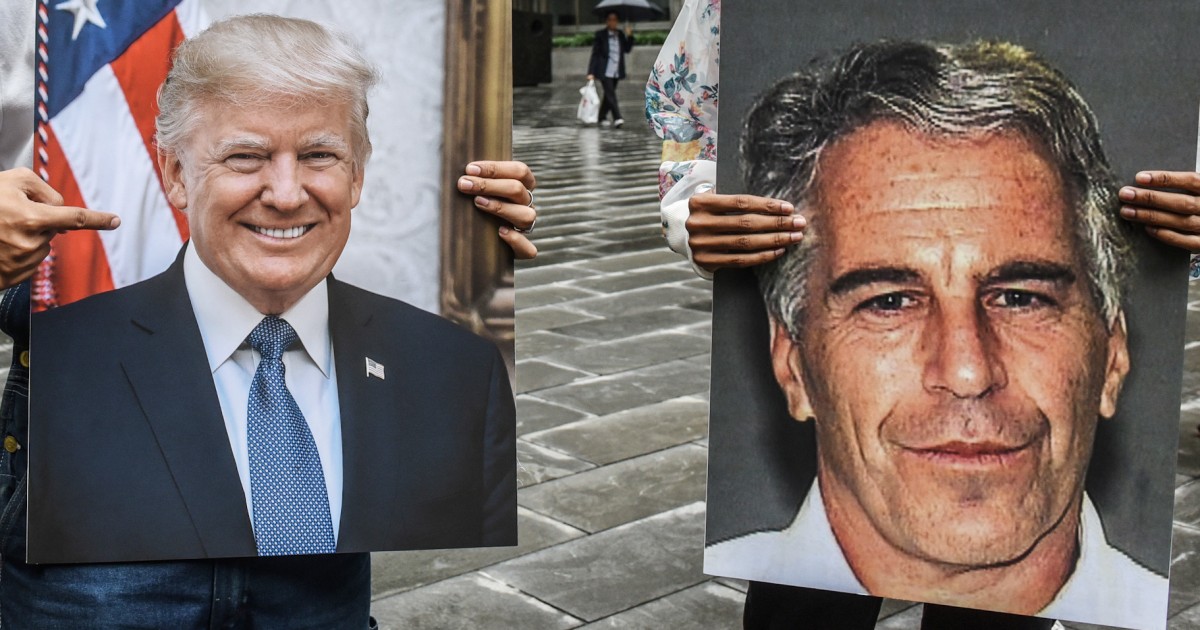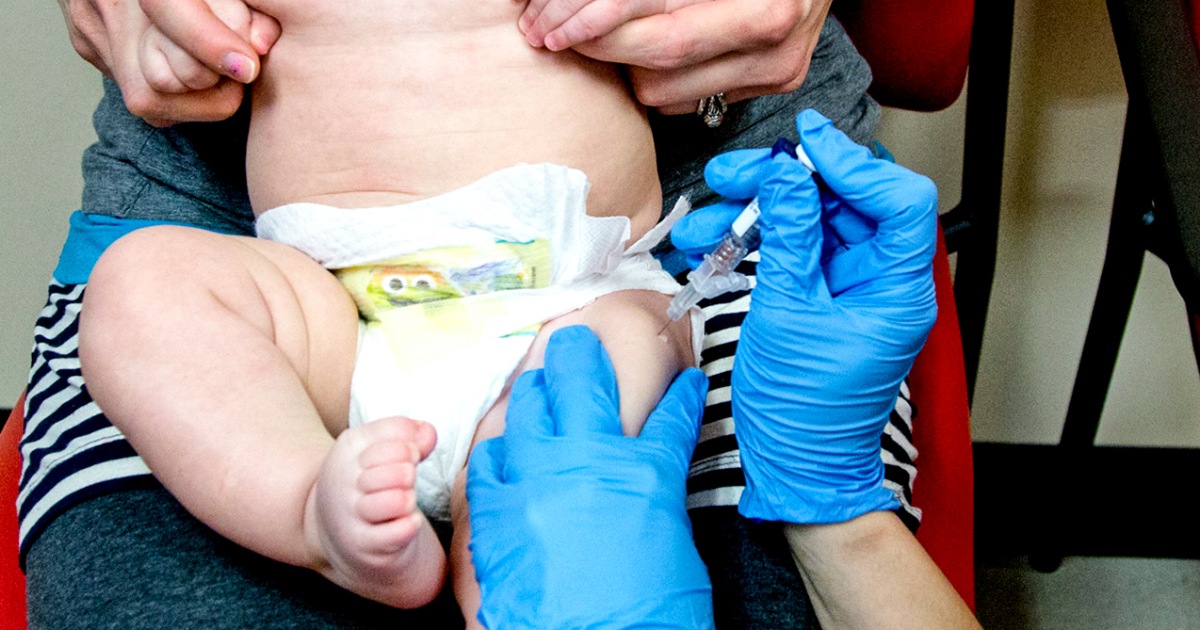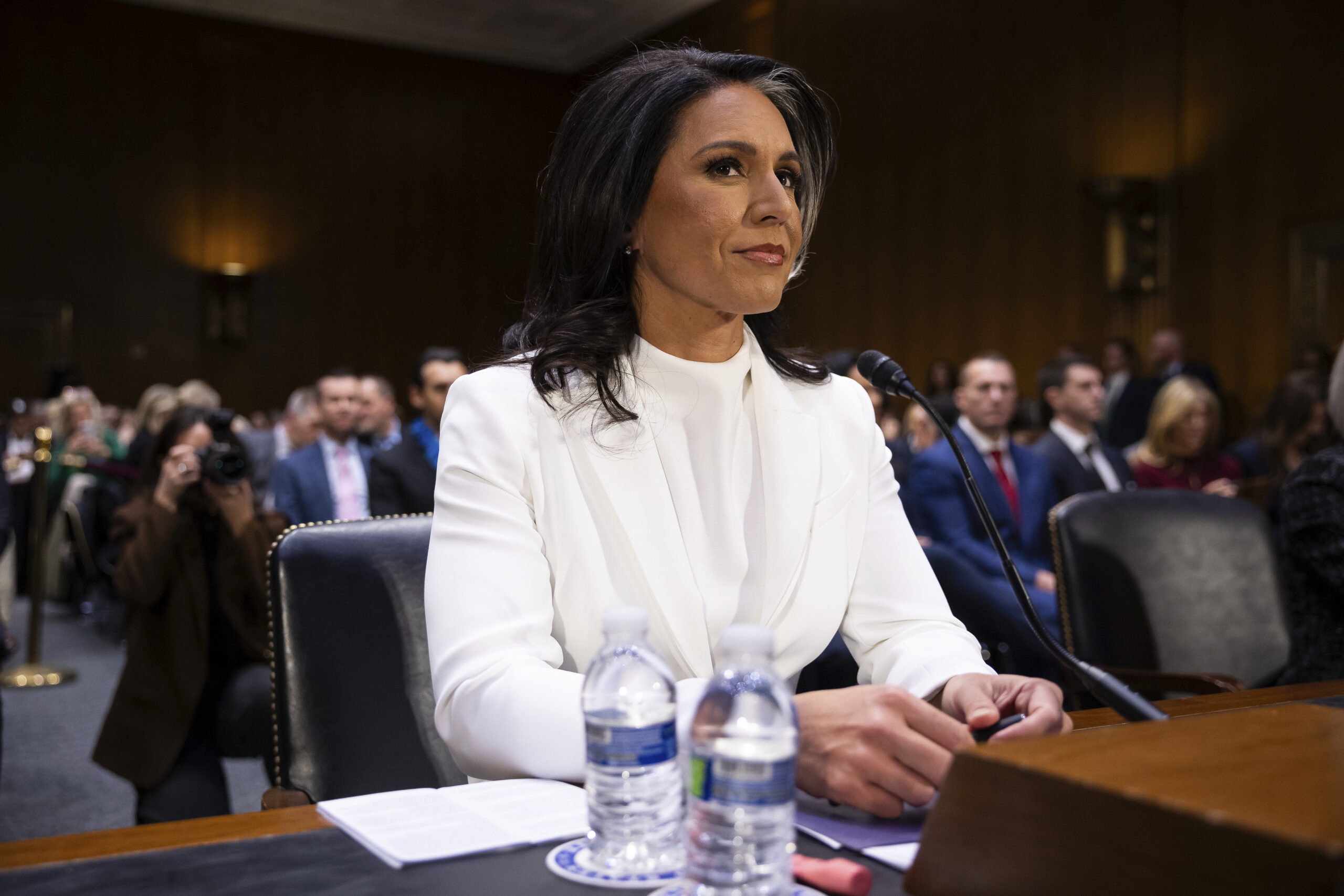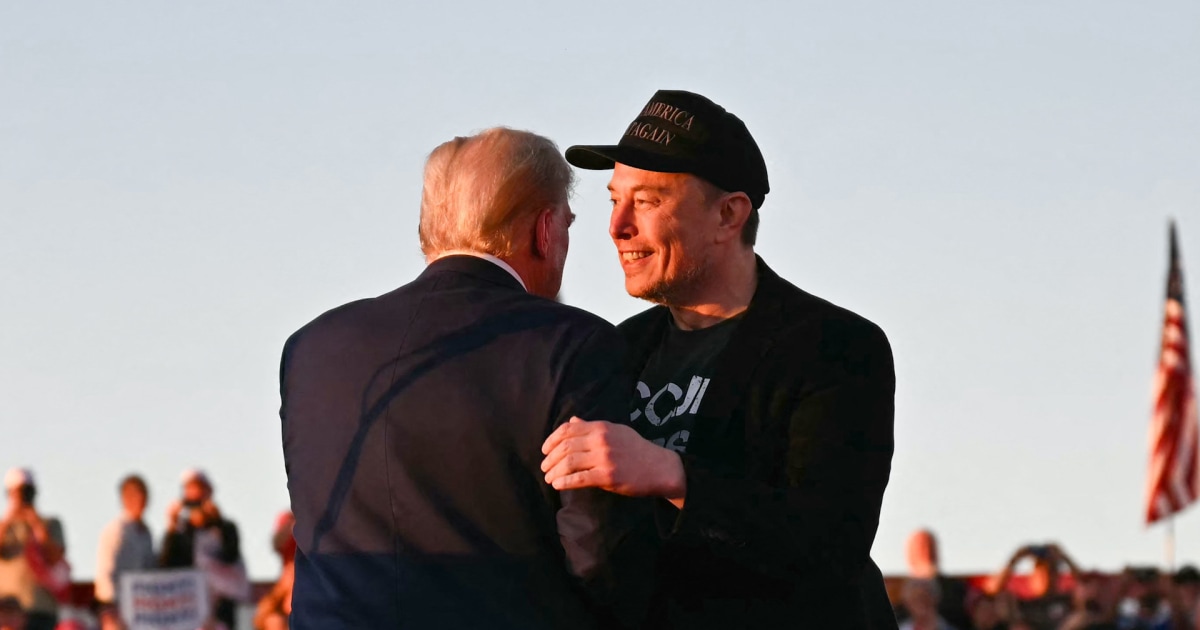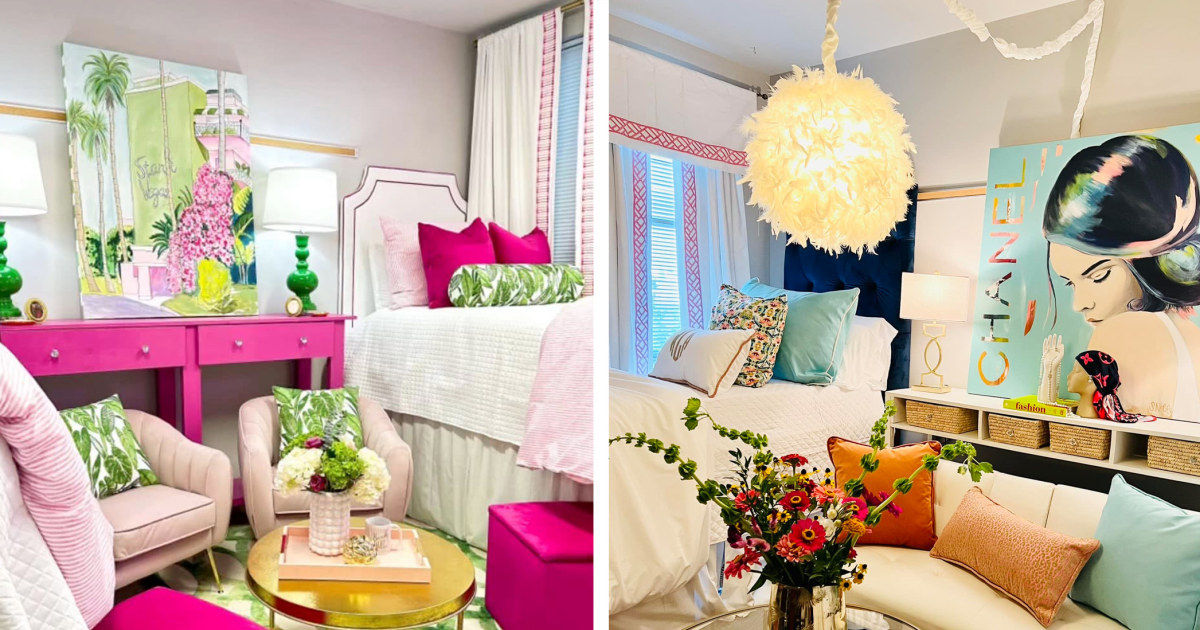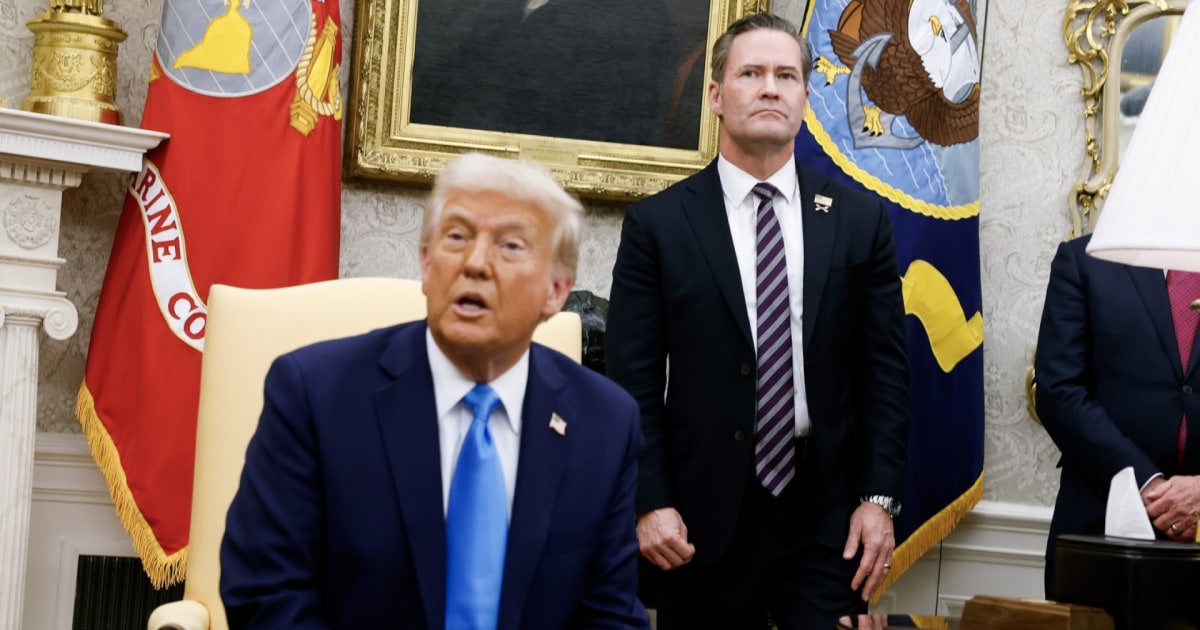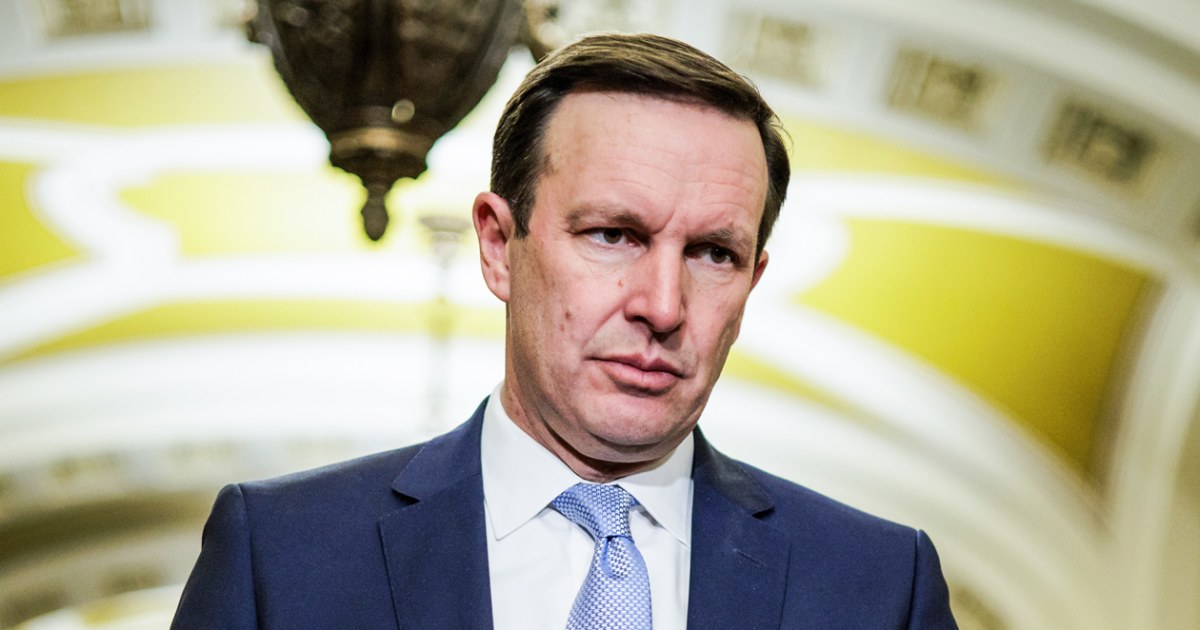Packed into a gritty, bare-bones music venue on the edge of Williamsburg in Brooklyn, New York, on a Sunday in July, about 500 fans of Bay Area rapper LaRussell were taken to church. Except there was no pastor or choir and no pews. Instead it was a 2 p.m. show for independent artist LaRussell, spreading his own gospel through catchy dance music and clever wordplay.
“Brooklyn, I’m ho-ome,” LaRussell exclaimed with his distinctive West Coast flare.
And while a midday hip-hop show may seem unusual, it reflects LaRussell’s approach — doing things his way and allowing others to adapt.
“You cultivate a completely different experience,” LaRussell said ahead of the performance. “I have every age there from 1 to 100. Granny not coming out at 10 p.m., and you don’t want the little homies out at 10 p.m. ”
The “Give Me a Beat” artist’s playful, community-centered approach to his art — and business — has fans coming to shows again and again, paying for his music, and even bidding for his time. And the millions upon millions of streams on music platforms come without the backing of a record label.
Instead, LaRussell and his small team handle everything on their own: uploading songs to streamers, booking shows that they set up and tear down, social media promotion and even selling merch at events. Emailing the rapper’s management often yields a response from LaRussell himself. He said this way of operating comes from years of making something out of nothing.“I wasn’t independent because I didn’t want to sign and I didn’t like the labels,” he said. “I was independent because I didn’t have no other option.”
Using a sliding scale and offer-based model, LaRussell has created a system where fans can decide what value his art has to them. Supporters can bid on items ranging from concert tickets to tour merchandise, while other artists can submit offers to collaborate on songs. Bidding for tickets to most of his shows starts at $1 and goes up from there (though donations of at least $100 are suggested). However, LaRussell and his team can counter if they don’t approve. He doesn’t accept less than $500 for a song feature — but because he spends no more than 15 minutes on any song he writes, the profit can add up quickly.
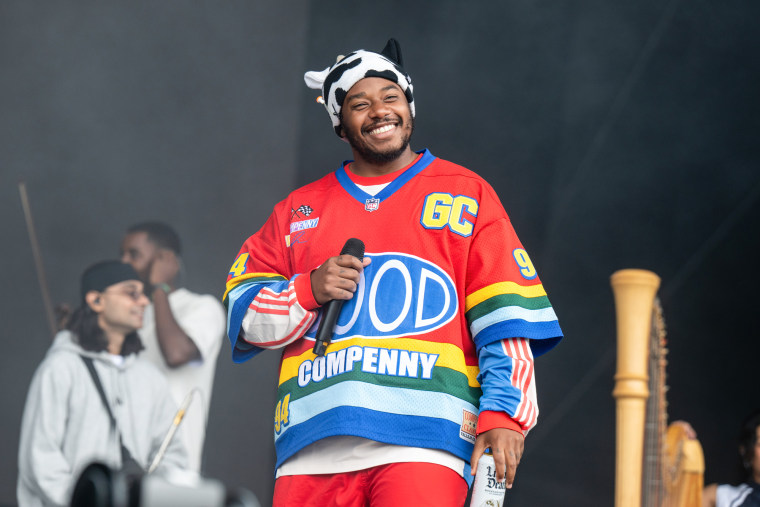
Three hours before the Brooklyn show, LaRussell joined a freestyle rap exhibition, or cypher, on the sidewalk in front of the venue with a local podcast duo that had booked him in the weeks leading up to the concert.Fans can even buy stock in the royalties of specific songs, or bid on various experiences like wedding appearances, seminars or a game of pickleball — a game at which he swears he is hard to beat.
LaRussell said he was inspired by the late rapper and fellow Californian Nipsey Hussle’s “Proud to Pay” offer-based model. In 2013, Hussle sold 1,000 physical copies of a mixtape for $100 each in less than 24 hours, effectively making $100,000 overnight. LaRussell wasn’t too sure about asking fans for so much cash and instead took the opposite route.
“I didn’t know a bunch of people who had $100 to spend on an album, so I was like, ‘I’m going to let them pay me anything,’ because I got zero dollars,” he said. “So if they give me $1, I am up. It really helped me build the base and establish the infrastructure.”
The community he’s built continues to pour back into LaRussell and his piggy bank. On Thursday, the rapper launched his own “Proud 2 Pay” initiative where, for $1,000, supporters get a “Backyard Show Experience,” which includes an intimate show, unlimited access to future backyard shows, a tour of his childhood home and more. In less than 24 hours, the rapper said he sold 67 tickets.
That foundation from his career’s inception has evolved into a résumé that rivals some of the biggest musical artists of the last decade. To date, LaRussell has collaborated on songs with hip-hop titans including Snoop Dogg, Wiz Khalifa and Lil Jon, has publicly released 40 albums since 2018 and amassed more than 100 million global streams, according to Songstats, a music analytics site.
And he owns all of his music and intellectual property through Good Compenny, both a label and a creative company he founded in 2016 to pursue his own art and help others around him do the same. Everything from content creation to song production and merchandise shipping can happen inside a building in his hometown of Vallejo, California, bearing the business’ name, a play on seeing the value in a coin some people discard.
“Them pennies add up,” said LaRussell.
So far, LaRussell said, he’s made millions of dollars off of music, something he’s proud and humbled by. But he admits he has loftier goals that keep him hungry, even if his decisions invite financial and creative risks.
“There’s a different roller coaster when you’re independent because you’re constantly taking risks for a reward that you see in your head that may not be something that looks completely tangible yet, but you have to just go with what you feel,” he said.
While he’s not the first indie artist to wade into mainstream success, LaRussell continues to be one of the most savvy of this era. Predecessors like KRS-One and Chance the Rapper gained international fame, while regional performers like Devine Carama of Lexington, Kentucky, who’s been a full-time independent artist for the last two decades, have crafted their own paths to success.
Carama points to LaRussell’s ability to build a fan base “that loves and supports you — not just your music, but you.”
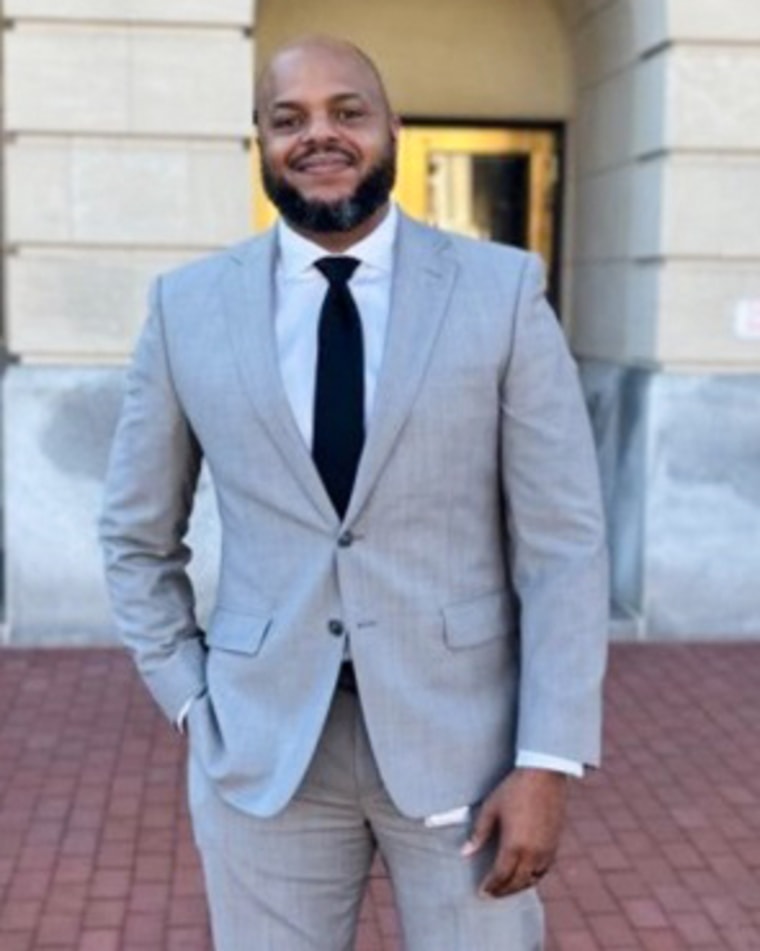
Carama, a community activist who teaches a class called “Leadership & Lyricism: Hip-Hop & Community Change” at the University of Kentucky, has seen the industry change time and again. From personally selling CDs from the trunk of his car in the early 2000s to the current era of streaming, Carama said the medium may change, but he believes community being at the core of the culture has not wavered.
“I don’t see how it’s possible to be a hip-hop artist and not be connected to the community that you come from and somehow using the culture to give back,” he said.
For LaRussell, shows range from intimate experiences at lounges with a couple hundred people to larger performances at major venues with a few thousand. In the last year alone, he’s hosted an NPR Tiny Desk Concert, performed at this year’s NBA All-Star weekend and created this season’s anthem for the San Francisco Giants.
But, LaRussell said, none of it means anything without being able to give back to the people who support him.
One family of three from California — mom, dad and teenage son — was attending its 28th LaRussell show together that afternoon in Brooklyn. They were second in line for the show, as eager, they said, as the first time they saw their favorite artist perform.
“It feels great supporting people that are putting good energy out and being direct to the artist,” said Noah Kahn.
His wife and son nodded in agreement.
Katie Kahn added, “We’re part of the family now.”


